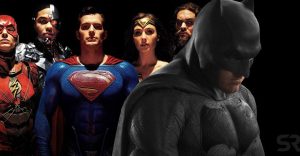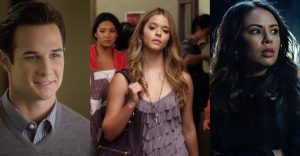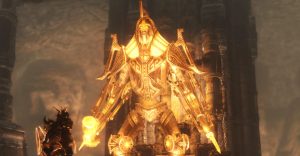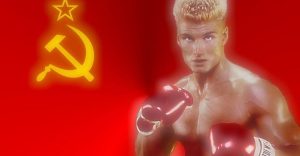Disney+’s Black Beauty Ignores The Book’s Political Message (Why?)
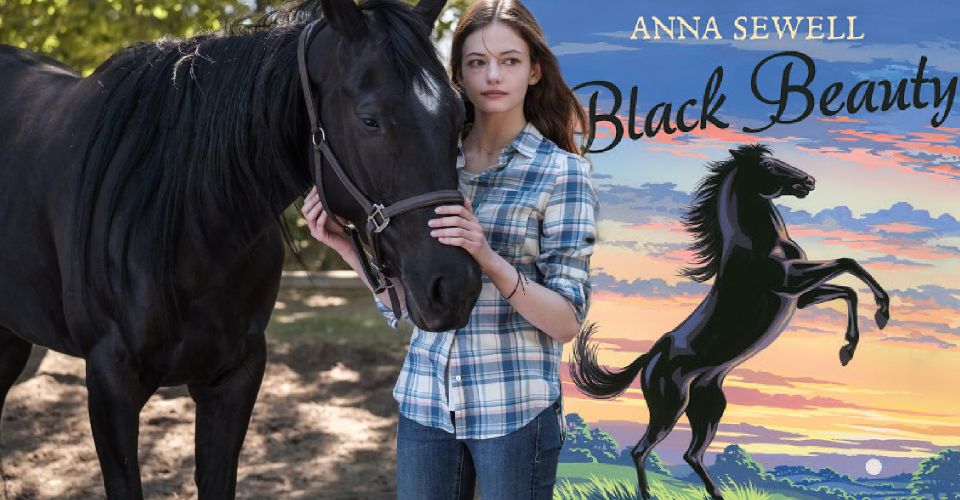
The Disney+ remake Black Beauty doesn’t just update the Anna Sewell novel for contemporary audiences — it also completely remove’s the original book’s political message. Published in 1877, the novel is a fictional autobiography of a horse that spans his early life and ends with his happy retirement. Originally written for general consumption (rather than being a children’s book), the original novel was intended to raise awareness about the plight of horses. In the Disney+ version (released in November 2020) however, this narrative conflict is completely absent.
Disney’s Black Beauty (2020) takes the “pony book” sub-genre to new levels of wish-fulfilment; the central protagonist is arguably not the titular “Black Beauty” (who offers voice-over narration throughout the movie) but Jo Green, a teenage girl who deals with the death of her parents by forming a deep, personal bond with an unbroken horse her uncle is struggling to tame. Despite having zero experience with livestock — and despite the mustang’s clear fear and disdain for all humans — Jo is somehow instinctively able to reach the horse and form a friendship. When the two are separated, Jo becomes Black Beauty’s raison d’etre and the horse references the girl almost constantly through the narration.
The relationship between Black Beauty and “little Joe Green” in the original book is much less dramatic, and doesn’t drive the plot the way it does in the Disney+ adaptation. At its core, Sewell’s Black Beauty is a book about love and fellowship, but it’s told from the horse’s perspective, and isn’t limited to one, central human relationship. The events in the book are largely moral tales that promote values like empathy and kindness. Black Beauty experiences treatment that by today’s standards would be considered animal abuse, but the horse doesn’t allow himself to become embittered or mean-spirited. Black Beauty is the ultimate moral center of the story, but the real purpose of the story is to encourage the reader to adopt a more empathetic attitude toward the treatment of horses — and to consider animal welfare in general.

In Disney’s Black Beauty, almost all the human characters are intentionally blameless, treating the “wild” horse fairly and kindly (it’s worth noting that Black Beauty is not a wild stallion in the original novel). With the exception of a bratty rich girl who over-uses spurs while riding Beauty, all the human characters go out of their way to be kind and respectful to the horses. The story in the Disney version is not about raising empathy for horses, but instead, romanticizes the friendship between Black Beauty and Jo. In fact, Black Beauty’s narration constantly credits Jo for everything (even giving her the strength to survive illness) — pleasing the young girl is the horse’s primary motivation.
The few times Black Beauty suffers in the Disney+ movie, it’s the result of ignorance — like when a distracted stablehand inadvertently causes a stable fire, or when Black Beauty is left overnight in the cold without a blanket — or by characters who are clearly established as cruel. In fact, when Georgina Winthorp, the rich girl, is too rough on the horse, she is quickly shamed by those around her. This is a stark contrast to the Sewell’s novel, in which Black Beauty is routinely met with brutal mistreatment at the hands of his owners.
“The new bit was very painful, and I reared up suddenly, which angered him still more, and he began to flog me[…] for a long time he stuck to the saddle and punished me cruelly with his whip and spurs[…].
The time went on, and the sun was very hot; the flies swarmed round me and settled on my bleeding flanks where the spurs had dug in. I felt hungry, for I had not eaten since the early morning, but there was not enough grass in that meadow for a goose to live on. I wanted to lie down and rest, but with the saddle strapped tightly on there was no comfort, and there was not a drop of water to drink.” (Black Beauty)
Sewell died only 5 months after publishing Black Beauty, but she lived long enough to see the novel become a success. Black Beauty would go on to become one of the best-selling books of its kind, and it brought about real change in Victorian England, and by many accounts, significantly rose public interest in animal rights legislation. Today, Sewell’s novel is remembered for instigating real social change through its effective message of empathy — a message that Disney apparently did not care to include in its adaptation.
About The Author











